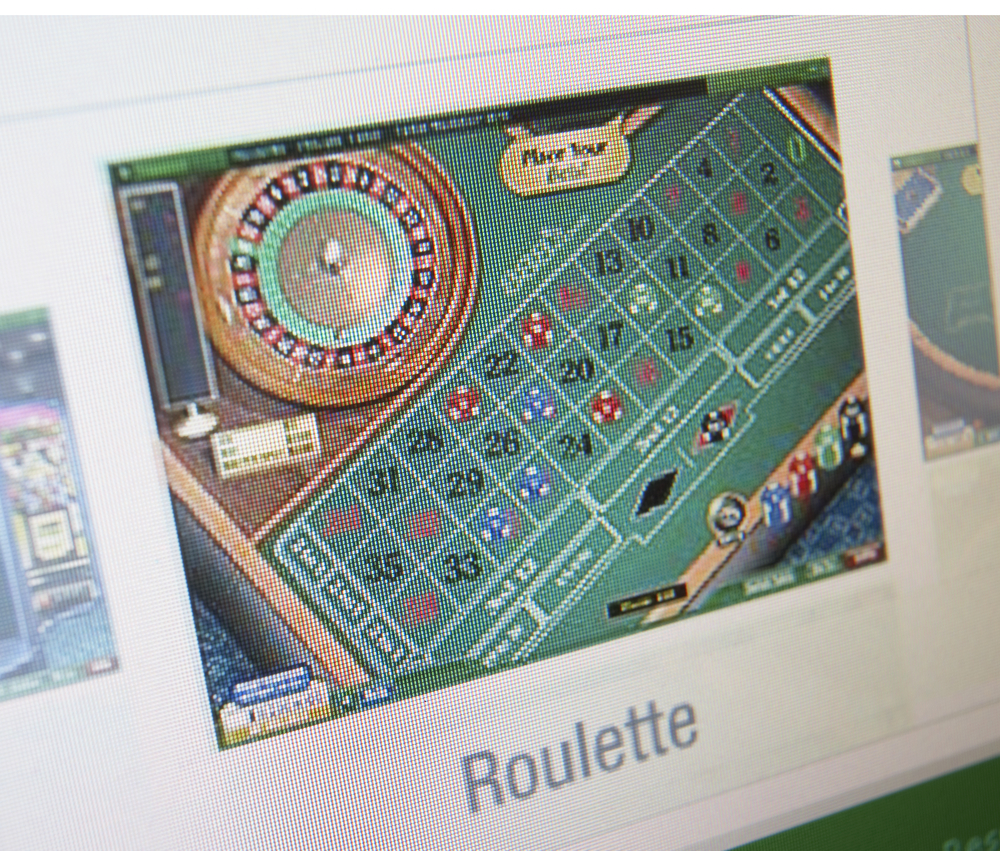
Casino games have long captivated various types of players, delivering not only the excitement of risk but also a unique experience tailored to various kinds of players. From strategic players who thrive on calculation and skill to more casual gamers who seek entertainment, casinos recognize the details of their audience and create games that accommodate these varied tastes.
In exploring the world of casino games, we encounter a diverse array of options that interest players of all kinds. Competitive poker tables attract competitive players, while colorful slot machines appeal to individuals in search of immediate satisfaction. Whether it’s about the allure of winning big or simply savoring the social environment, casinos tailor their game offerings to ensure that everyone can find their niche that feels comfortable and engaging. Comprehending how these games are designed for various player types can enhance not only our enjoyment of them but also how we approach selecting which games to play.
Comprehending Gamer Categories
In the multifaceted world of casino entertainment, participants can be categorized into distinct kinds based on their drives and preferences. These player categories range from the laid-back and communal gamers, who enjoy the enjoyment value and social connections that gambling provides, to the more tactical and analytical players, who seek to maximize their chances and winnings. Comprehending these various player types is essential for casinos to adapt their games and build immersive experiences.
One frequent type is the group-oriented player, who considers casino games as a form of group interaction and fun rather than a solemn gambling activity. These players often enjoy games that encourage participation and camaraderie, such as group-based games. Their emphasis is on the process rather than the result, so lively atmospheres and collective moments are what they value the most.
On the opposite end of the range, competitive players are inspired by competition and the search of ability. They tend to lean toward games that necessitate tactical planning and strategy, such as strategic card games, where their skills can affect the result. This type often engages with the games on a more profound level, utilizing knowledge and approaches to achieve an edge. Grasping these drives allows casinos to build environments and game selections that cater to each player’s unique likings.
Strategies for Game Design
Casino games are designed with varied player types in mind, employing multiple strategies to attract and engage them. For casual players, the focus is on ease and ease of understanding. Games like slot machines are often visually appealing with straightforward mechanics. This allows players to experience the experience without a difficult learning curve, fostering an welcoming atmosphere. The vibrant hues, catchy sounds, and thematic elements create a playful environment where players can easily get involved and entertained.
For strategic players who enjoy a more profound level of engagement, games such as poker and 21 offer depth and strategic elements. These games incorporate strategy and tactical choices, appealing to players who excel on challenge and want to exercise their mental skills. The design of these games often includes complex rules and mechanics that challenge players to refine their skills and develop strategies over time, resulting in a fulfilling experience for those who appreciate mastering the game.
Furthermore, community-oriented players are catered to through games that highlight engagement and community. This includes live casino options and multiplayer games, which foster a sense of community among players. The design of these games often includes chat features and communal aspects, allowing players to interact and share experiences. By creating an environment where participation is promoted, casinos can effectively involve social players, making the gaming adventure more pleasurable and memorable. meilleur casino en ligne france
Enhancing Gamer Engagement
Betting titles have progressed significantly to provide a much more immersive experience for participants. Application designers focus on high-quality images, rich audio effects, and novel game mechanics that draw players into the gaming environment. By leveraging tech, such as virtual reality and enhanced reality, gaming establishments ensure that players feel as if they are part of a exciting atmosphere, enhancing in addition to the fun of the activities but also the overall satisfaction of being in a betting establishment.
Community engagement is another critical aspect in boosting player experience in gambling titles. Many games are crafted to encourage communication among participants, whether through multiplayer modes or chat features. This interactive component attracts players who like communicating with fellow players while playing, developing a community vibe community. In addition, social features can consist of leaderboards, tournaments, and rewards for cooperative engagement, which engage competitive participants and inspire them to return for further.
Lastly, customization plays a crucial role in adapting the interaction for diverse gamer demographics. Gaming establishments and software designers study player behavior and likes to present personalized game suggestions and rewards. By comprehending the distinct preferences of gamers, gaming establishments can offer personalized offers, bonuses, and new titles that resonate with each individual, thus enhancing their total enjoyment and loyalty to the gaming venue.